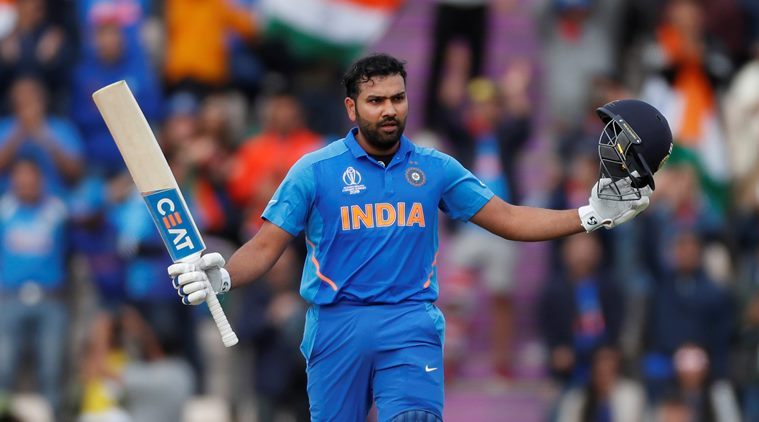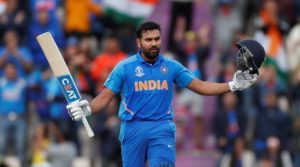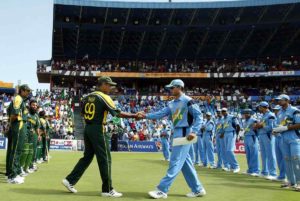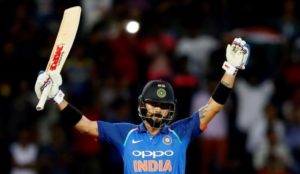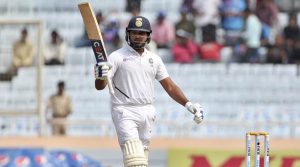The Indian Senior Selection Committee recently appointed Rohit Sharma as the new leader of ODI team as the ace player had already replaced Virat Kohli as T20 International captain post World Cup but the question arises how his appointment as the new leader of India in white ball format will change the fortune of Men in Blue. Let’s Ponder all those reasons in detail.
Goals & excitement 👍
Working with Rahul Dravid 👌@imVkohli's legacy as India's white-ball captain 👏#TeamIndia's new white-ball captain @ImRo45 discusses it all in this special feature for https://t.co/Z3MPyesSeZ 👍 👍Watch the full interview 🎥 🔽https://t.co/JVS0Qff905 pic.twitter.com/kFlqZxWh5t
— BCCI (@BCCI) December 13, 2021
- Sharma’s record of winning IPL five times speaks a volume about his captaincy skills and with two new world cup coming in 2 years time he will be expected to guide India for winning at least one world cup title.
- Rohit Sharma’s captaincy biggest strength is that he identifies his key players and back them to deliver in the crunch moments of the game and the likes of Surya Kumar Yadav, Ishan Kishan and Hardik Pandya are best example in this regard.
- There have been several reports published on different media outlets which clearly indicates that Sharma is a good communicator on and off the field and he himself said in his recent interview his job is to talk to players off the field and motivate them so that they can deliver in the pressure situations.
- Rohit Sharma leads from the front and in a must win encounter you would see him scoring big which is something you expect from a leader of his stature.
- Very few people talk about Sharma’s bowling changes which has been apt in pressure game as he knows the weakness of opposition batsman pretty well and accordingly he allots over to his bowlers who can provide quick wickets to team.
- Sharma’s ability to field right X1 on the field which is something Virat Kohli lacked as leader and the latest example to prove this statement will be not playing Ashwin in first two matches against Pakistan and New Zealand.


